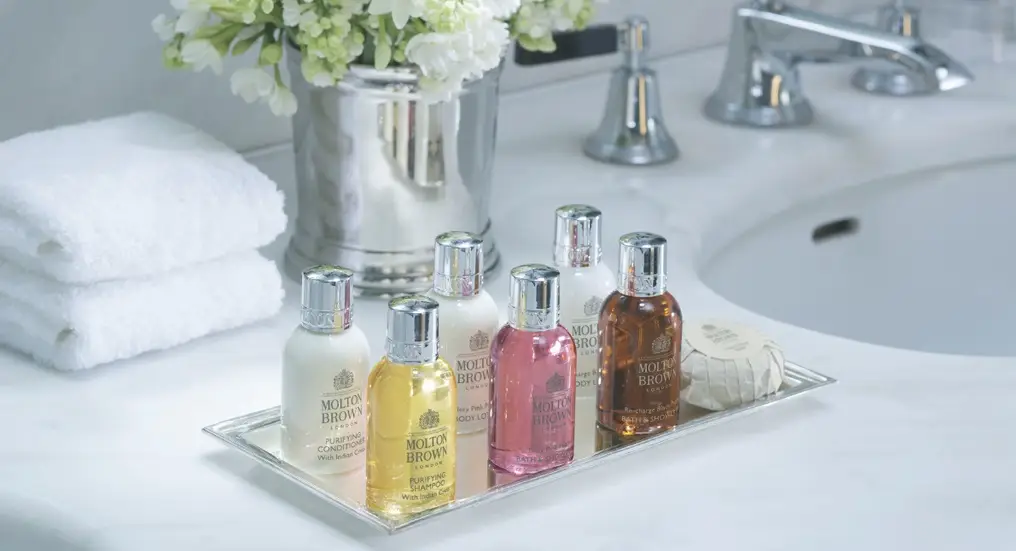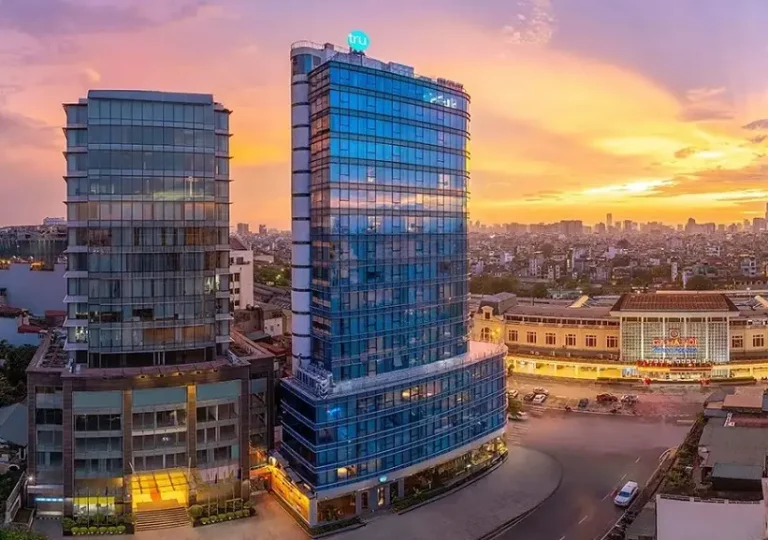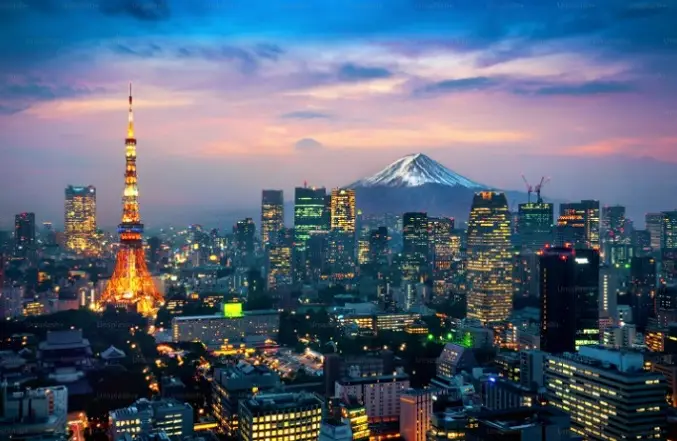
Hotel News: Global Travel Boom Spurs a New Guest Expectation
As international travel roars back to life in the post-pandemic era, hotels across the globe are in the midst of a quiet but powerful transformation—one driven not by architecture or technology, but by shampoo and soap. With tourists now prioritizing hygiene, luxury, and environmental responsibility more than ever, in-room hotel toiletries are getting a five-star upgrade.

Image Credit: Molton Brown
According to a recent report by Coherent Market Insights, the global hotel toiletries market is poised to explode in size, expected to double from USD 26 billion in 2025 to an eye-popping USD 52.01 billion by 2032. This Hotel News report underscores a projected compound annual growth rate (CAGR) of 5.9 percent, driven largely by evolving guest expectations, wellness trends, and the increasing role of premium, sustainable products in defining the travel experience.
From Basic Soap to Boutique Brands
What used to be a minor detail in hospitality is now taking center stage. Leading global chains are aggressively upgrading their toiletry offerings, betting that branded, high-end personal care items will drive guest satisfaction, social media buzz, and ultimately, loyalty. Marriott’s Ritz-Carlton brand, for example, is currently installing Asprey’s Purple Water line—a signature fragrance by the famed London-based jeweler—in its luxury hotels worldwide. Known for its subtle citrus-and-spice blend, Purple Water has already appeared in Ritz-Carlton’s Asia properties and is gradually being rolled out across the U.S.
Meanwhile, Marriott’s mid-range brands like Courtyard and SpringHill Suites are now stocking mini-sized Paul Mitchell shampoo and conditioners in nearly 2,000 North American hotels. The move replaced a generic in-house brand with a salon-favorite product line. The decision, based on consumer research, reflects growing demand for familiarity and trust in hotel bathroom offerings. When the switch was announced, many guests—especially female travelers—expressed their excitement online, viewing the move as both surprising and refreshing.
Luxury Through the Lens of Hygiene and Sustainability
The evolution of toiletries from throwaway amenity to a symbol of wellness is being shaped by more than just brand recognition. The pandemic has transformed hygiene into a top-tier guest concern. Hotels are now prioritizing antibacterial soaps, essential oil-infused shampoos, and chemical-free lotions. For many travelers, particularly millennials and Gen Z, these aren’t perks—they’re expectations.
InterContinental Hotels has similarly elevated its offerings by adopting Agraria toiletries, a luxury line typically sold at retailers like Bergdorf Goodman and Saks Fifth Avenue. With these upgrades, hotels aim to provide a pampering experience that justifies higher rates and reinforces brand differentiation.
But there’s a catch: cost and environmental compliance. As the pressure to ban single-use plastics increases globally, many hotel groups are adopting refillable dispensers and biodegradable packaging. While these changes align with guest values and regulatory trends, they can also strain operational budgets—especially for smaller operators. Still, brands are adapting fast. Some are now launching vegan, cruelty-free, dermatologist-tested lines to attract niche markets focused on health and ethics.
Asia Pacific Leads the Charge in Growth
While Europe still dominates in market size, thanks to its longstanding tourism infrastructure and hygiene regulations, Asia Pacific is the region to watch. The rise of domestic tourism in powerhouses like China and India is expected to fuel a rapid increase in demand for high-quality hotel toiletries. As the middle class expands and disposable incomes grow, travelers are becoming more discerning in their accommodation choices—including the kind of body wash they find in the bathroom.
Technology is also stepping into the scene. Innovations like Kimberly-Clark’s Onvation SmartFit technology are enabling smarter inventory management, real-time monitoring, and even customized guest experiences. These advances don’t just streamline operations; they also add another layer of sophistication to what guests encounter behind the bathroom door.
Fashion Labels and Boutique Designers Join the Fray
With hotel rooms becoming curated lifestyle spaces, partnerships with fashion and wellness brands are growing. Australia-based Concept Amenities—one of the largest hotel toiletry manufacturers—has reported surging demand for products co-branded with designers and celebrities. For instance, the luxury Conrad hotel in Indianapolis introduced a vegan product line by celebrity hairstylist Tara Smith, surprising even hotel executives with its popularity among ethically conscious travelers.
Hotels are also requesting packaging that aligns with their sustainability missions. Recyclable cartons and refillable pump systems are replacing the once-ubiquitous mini-bottles, especially in trend-forward properties like the James Royal Palm.
More Than a Nice Scent—A Strategic Weapon
The strategic focus on premium toiletries is part of a broader hospitality trend: refining every detail of the guest experience to stand out in a crowded market. As NYU’s hospitality expert Bjorn Hanson notes, upgrading toiletries can deliver the “pampering experience” that elevates a stay from ordinary to exceptional. And in today’s competitive landscape, that’s the kind of differentiation hotels are willing to invest in.
Paul Mitchell’s rollout across Marriott’s mid-tier brands is a case in point. Brian King, senior VP of Marriott’s select-service brands, explained that the shift from an in-house brand to a salon staple was driven by the desire to offer something both familiar and high-end. The overwhelmingly positive response on platforms like TripAdvisor and Facebook proved that guests noticed—and appreciated—the difference.
An Upgrade That Goes Beyond the Surface
As tourism continues to rebound and evolve, the humble bottle of shampoo has become a touchpoint for innovation, luxury, and sustainability in the hotel industry. From branded experiences to ethical formulations and smart delivery systems, in-room toiletries now serve as subtle but powerful expressions of a hotel’s values and guest commitment.
And while the market is booming with opportunity, success will come to those operators who balance cost, environmental accountability, and the ever-rising bar of guest expectation.
In the end, as travelers grow more particular and aware, the simple act of washing one’s hair in a hotel room could determine whether a guest ever comes back—or chooses a competitor.
For the latest trends in the global hotel industry, keep on logging to Bangkok Hotel News.






